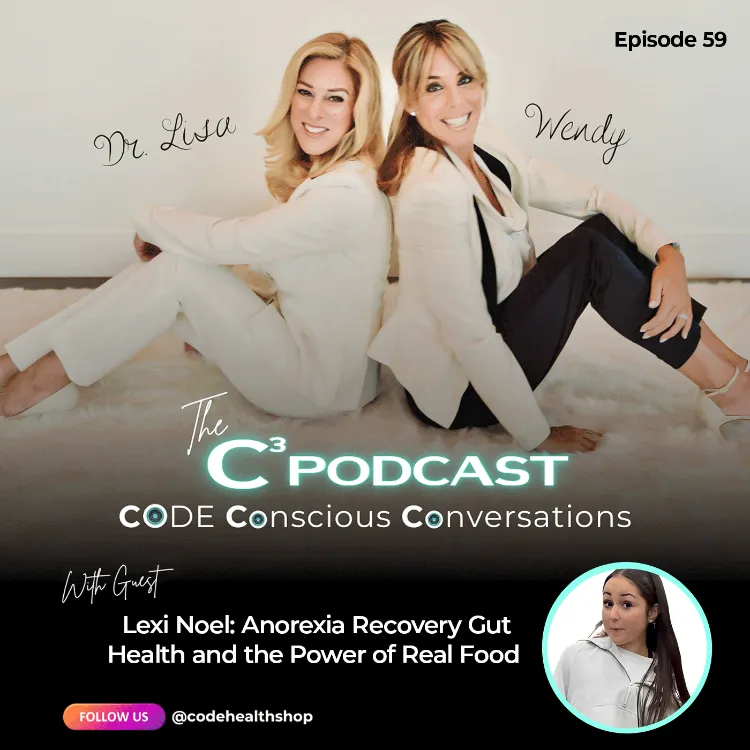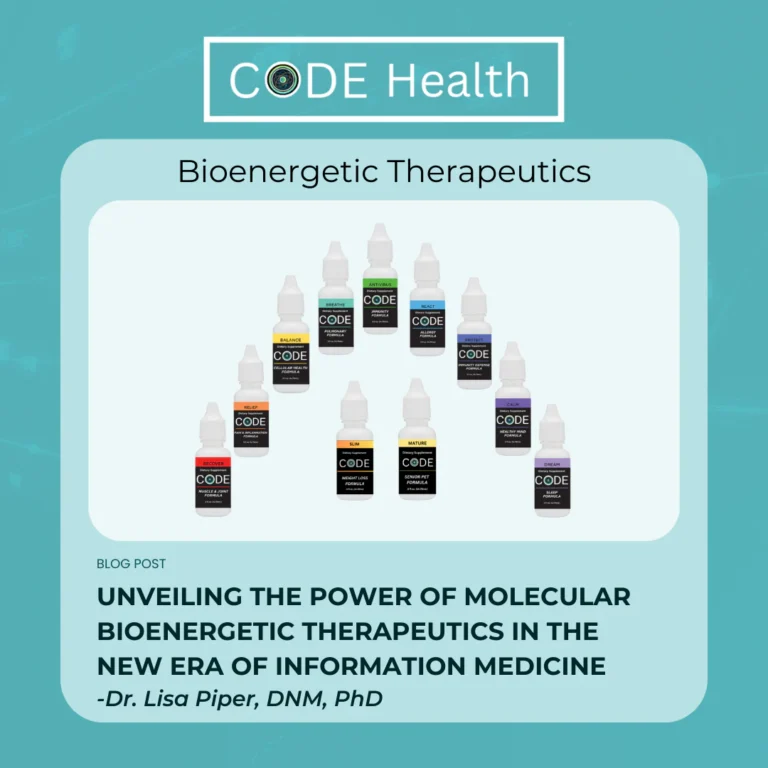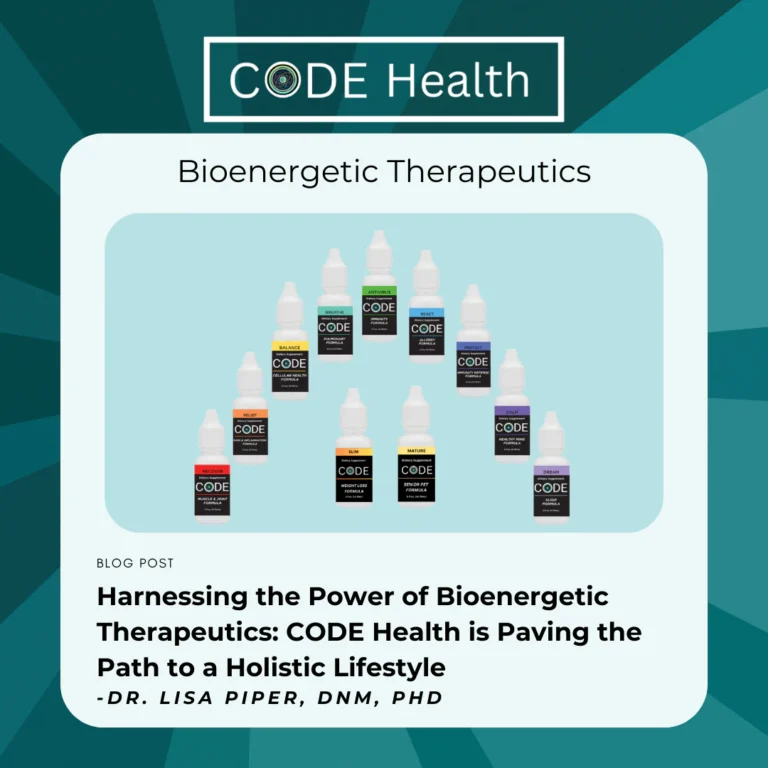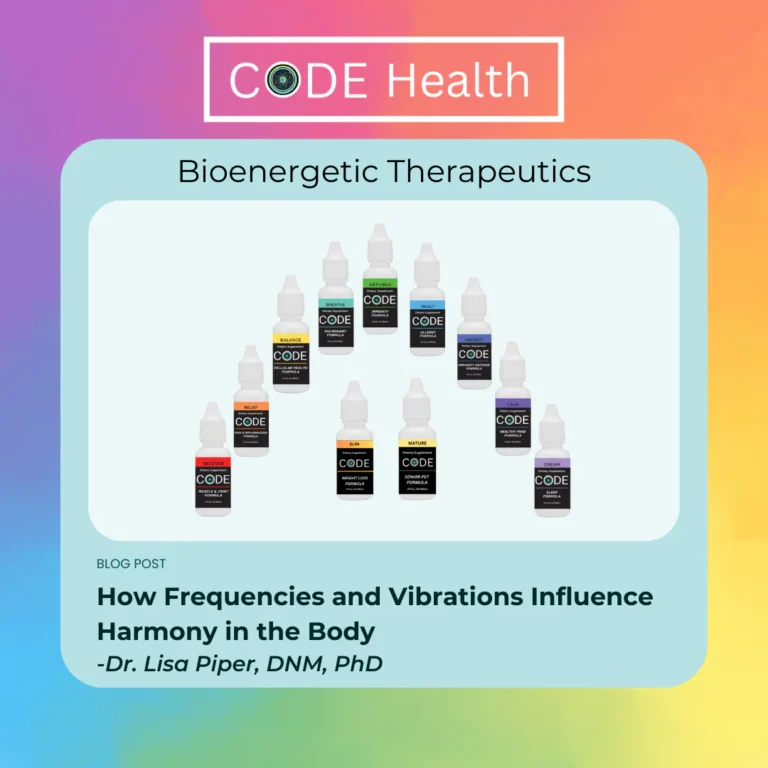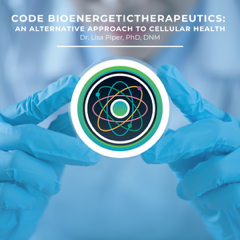What if recovery isn’t about calories at all but about gut health and real food?
In this week’s episode of the C3 Podcast: CODE Conscious Conversations, we sit down with Lexi Noel, a 19-year-old graduate of the Primal Health Coaching Institute and wellness advocate with more than 178K Instagram followers.
Diagnosed with anorexia at 13, Lexi rejected conventional advice that encouraged ultra-processed foods and instead discovered that true healing comes from real food nutrition, gut health, and faith-based strength training.
Her story highlights a powerful truth: recovery isn’t about calories — it’s about communication between the gut, brain, and nervous system.
Listen to this podcast now at C3 Podcast or join us on Apple Podcasts or Spotify.
Why Gut Health Is Mental Health
For decades, mental health treatments focused almost exclusively on the brain. But modern research in psychoneuroimmunology and gut microbiome science shows that the gut is central to mood regulation. Up to 70% of serotonin — the body’s “feel-good” neurotransmitter — is produced in the digestive tract.
This means:
- When the gut is inflamed by processed foods, seed oils, artificial dyes, and refined sugar, neurotransmitter signaling gets disrupted.
- The result is a cascade of effects: anxiety spikes, mood crashes, poor focus, and emotional instability.
- Conversely, when the gut is nourished with nutrient-dense whole foods like vegetables, healthy fats, fermented foods, and clean proteins, the microbiome flourishes. This balance supports resilience, stable energy, and emotional clarity.
For those in recovery from eating disorders, this connection is critical. Healing isn’t simply about adding calories — it’s about feeding the gut in a way that restores both physical and mental health.
7 Truths About Healing With Real Food
1. Calories without nutrients don’t heal
Many eating disorder recovery programs focus on rapid weight restoration using processed junk food. While this may provide calories, it doesn’t rebuild the microbiome, regulate blood sugar, or repair the nervous system. Calories without nutrients leave the body in survival mode. Real recovery requires nutrient density — foods rich in vitamins, minerals, phytonutrients, and healthy fats that stabilize both the body and brain.
2. Food is self-respect, not restriction
Restrictive eating patterns often stem from fear. Lexi reframes food as self-respect — a way of honoring the body as a temple. By choosing whole, unprocessed foods, meals become an act of care, gratitude, and empowerment, not punishment. This mindset shift is key in moving from food anxiety to food freedom.
3. Learn to read the label
Food marketing is designed to confuse. Words like “gluten-free,” “high protein,” or “natural” don’t necessarily mean healthy. Lexi emphasizes flipping the package:
- If the ingredient list includes chemicals you can’t pronounce, seed oils, or dyes, it’s not nourishing.
- If the ingredient list doesn’t exist — like an apple, an egg, or a piece of salmon — you know you’re eating real food.
This simple practice empowers consumers to cut through marketing noise and choose foods that truly heal.
4. Your nervous system needs nutrients to regulate
The nervous system relies on stable blood sugar, amino acids, and healthy fats to function. Real food provides the raw materials for:
- Neurotransmitter stability (e.g., tryptophan → serotonin)
- Hormonal balance (omega-3 fatty acids for brain health)
- Circadian rhythm support (nutrients like magnesium and vitamin D)
Processed foods create a rollercoaster effect of spikes and crashes that overstimulate or deplete the nervous system. Over time, this leads to chronic stress, anxiety, and fatigue. Nutrient-dense meals, on the other hand, train the nervous system to adapt and self-regulate.
5. Daily rituals shape resilience
Recovery isn’t only about what you eat — it’s also about how you live daily life. Lexi highlights the importance of rituals such as:
- Hydration first thing in the morning → primes digestion and metabolism.
- Sunlight exposure within 30 minutes of waking → aligns circadian rhythm, boosts serotonin.
- Red light therapy → supports mitochondrial health and cellular repair.
- Gentle movement (walking, yoga, rebounding) → regulates the lymphatic system and reduces stress.
- Blue light blocking in the evening → protects melatonin production for better sleep.
Small daily habits compound into long-term resilience.
6. Not all wellness tools are safe in excess
Wellness is not one-size-fits-all, and even “healthy” tools can backfire. Lexi warns about vibration plates — while beneficial for circulation, overuse can strain the brain and eyes. She recommends limiting to low settings, 10 minutes, 3x per week. Safer alternatives, like mini-trampolines (rebounding), support lymphatic drainage and bone health without risk.
7. Products matter beyond food
Healing is holistic. The skin is the body’s largest organ, and many conventional beauty, skincare, and household products contain endocrine-disrupting chemicals like parabens, phthalates, and aluminum. Lexi encourages small swaps:
- Choose clean beauty brands for skincare and makeup.
- Switch to non-toxic deodorants and dental floss.
- Replace synthetic fragrances with natural alternatives.
These gradual changes reduce the body’s toxic load and create an environment that supports healing.
The Power of Gratitude in Eating
Food isn’t just fuel — it’s a spiritual act. Practicing gratitude before meals connects you with the interdependence of life: farmers, animals, the sun, the rain, and even the truck drivers who make meals possible. This perspective transforms eating from a mechanical act into a moment of mindfulness, connection, and reverence — amplifying both physical and emotional nourishment.
Why This Matters Now
Gen Z should be the healthiest generation in history, with unparalleled access to health information. Instead, rates of type 2 diabetes, PCOS, anxiety, and depression are rising faster than ever. The problem isn’t lack of calories — it’s lack of quality nutrition and accurate health education.
Lexi’s story is a call to action: teach the next generation to:
- Read labels with discernment.
- Nourish their gut for mental clarity.
- Respect their bodies as temples.
- Make small but consistent lifestyle choices that prevent disease.
Episode 59: Lexi Noel: Anorexia Recovery Gut Health and the Power of Real Food
What’s Discussed:
→ Why 70% of serotonin is made in the gut and how it shapes mood
→ The hidden reason Gen Z is facing diabetes and PCOS earlier than ever
→ Why grocery store marketing tricks keep you sick and confused
→ How Lexi found freedom by turning food from fear into fuel
Listen to this podcast now at C3 Podcast or join us on Apple Podcasts or Spotify.

